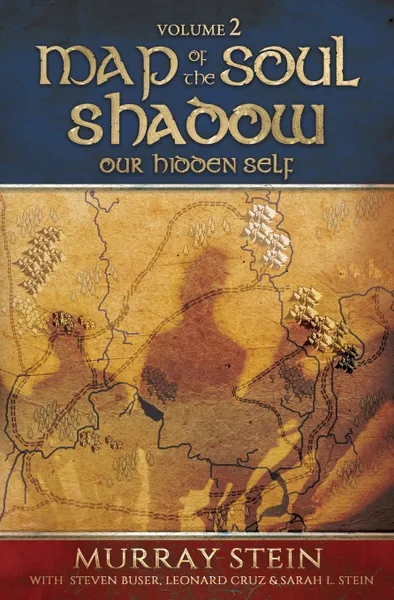Map of the Soul - Shadow. Our Hidden Self
2020
Переплёт: Мягкая обложка, 142 страницы
ISBN: 9781630518004
📖 In this second book in the series, Map of the Soul – Shadow: Our Hidden Self, Dr. Murray Stein explores the dark recesses of our psyche, as well as the shadow images in BTS’ latest songs in their album Map of the Soul: 7. The Korean Pop band, BTS, has been taking the world by storm with a series of albums inspired from Dr. Stein’s concepts titled Map of the Soul. Dr. Stein has joined them in expressing these same Jungian themes in a companion book series. The landscape of the soul has many contours and some hidden regions. This book speaks about obscure, typically unacknowledged aspects of the psyche. The shadow may appear initially like an unwanted intruder but those who become acquainted with their shadow discover it to be a vast storehouse of treasures and resources on the journey of self-discovery. Whereas the persona is the part of your personality that is revealed to others, the shadow is the part of your personality that is concealed from others and ourselves. The shadow often declares itself through sudden, often brutal reversals. At the collective level, the shadow proves capable of magnetizing people in the same direction, often with very destructive results. The person intent on living a more full, authentic life will be well served by becoming acquainted with the shadow. Dr. Stein and the collaborators, Sarah Stein, Steven Buser, and Leonard Cruz, are deeply indebted to BTS, whose world-wide popularity points to their remarkable ability to tap into universal themes that dwell in the collective domain. BTS’ music inspired this work and we hope this work will inspire others to explore the deep recesses of their inner life.Table of Contents:Introduction
Chapter 1: BTS’ Interlude: Shadow - A Psychological Reflection
Chapter 2: Further Reflections on the Lyrics of BTS’ Map of the Soul: 7
Chapter 3: A Review of the Map of the Soul
Chapter 4: Murray Stein on Shadow
Chapter 5: The Shadow and the Problem of Violence
Chapter 6: “Criminals”: The Shadow Bearers of Society
Chapter 7: Heal Yourself, Heal the World
References
About the Contributors
Chapter 1: BTS’ Interlude: Shadow - A Psychological Reflection
Chapter 2: Further Reflections on the Lyrics of BTS’ Map of the Soul: 7
Chapter 3: A Review of the Map of the Soul
Chapter 4: Murray Stein on Shadow
Chapter 5: The Shadow and the Problem of Violence
Chapter 6: “Criminals”: The Shadow Bearers of Society
Chapter 7: Heal Yourself, Heal the World
References
About the Contributors
Мнения
